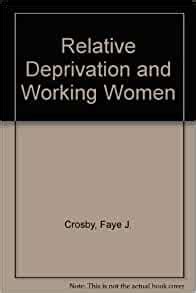A Quote by Grenville Kleiser
Most men have worried about things which never happened, and more men have been killed by worry than by hard work.
Related Quotes
I'm a pragmatist. I think, as a woman, you have to be more careful. You have to be more communal, you have to say yes to more things than men, you have to worry about things that men don't have to worry about. But once we get enough women into leadership, we can break stereotypes down. If you lead, you get to decide.
It is certain that the greatest poets, orators, statesmen, and historians, men of the most brilliant and imposing talents, have labored as hard, if not harder, than day laborers; and that the most obvious reason why they have been superior to other men is that they have taken more pains than other men.
Men will work hard for money. They will work harder for other men. But men will work hardest of all when they are dedicated to a cause. Until willingness overflows obligation, men fight as conscripts rather than following the flag as patriots. Duty is never worthily performed until it is performed by one who would gladly do more if only he could.
A finer body of men has never been gathered by any nation than the men who have done the work of building the Panama Canal; the conditions under which they have lived and have done their work have been better than in any similar work ever undertaken in the tropics; they have all felt an eager pride in their work; and they have made not only America but the whole world their debtors by what they have accomplished.
Genius, without work, is certainly a dumb oracle, and it is unquestionably true that the men of the highest genius have invariably been found to be amongst the most plodding, hard-working, and intent men -- their chief characteristic apparently consisting simply in their power of laboring more intensely and effectively than others.

































